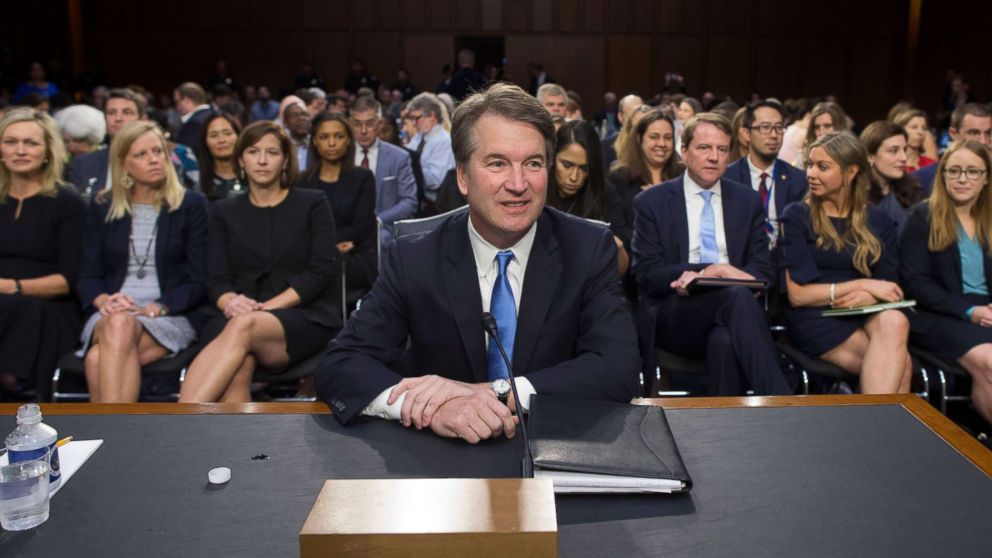
Pete Hegseth’s Confirmation Hearing: Navigating Complexities and Controversies
Pete Hegseth’s Nomination: A Polarizing Process
The recent confirmation hearing for Pete Hegseth’s nomination to the position of Secretary of Veterans Affairs has sparked a firestorm of controversy. Hegseth, a conservative commentator and former Fox News host, has been a vocal critic of the Department of Veterans Affairs (VA) and has proposed controversial reforms. His nomination has met with fierce opposition from veterans’ organizations and Democratic lawmakers, who have raised concerns about his qualifications and policy proposals.
Qualifications and Experience
Supporters of Hegseth’s nomination cite his military service as an Army officer in Iraq and Afghanistan as evidence of his qualifications. They argue that his combat experience and subsequent work as a military analyst on Fox News have given him a deep understanding of the challenges facing veterans. However, critics contend that Hegseth lacks significant managerial experience and has never worked in a role that directly serves veterans. They point to his lack of a college degree and his history of inflammatory remarks as evidence that he is not qualified to lead the VA.
Policy Proposals
Hegseth has proposed a number of policy changes that have drawn scrutiny from veterans’ organizations. Most notably, he has called for an overhaul of the VA’s healthcare system, including the privatization of certain services. He has also suggested cutting disability benefits for some veterans. Critics argue that these proposals would undermine the VA’s mission to provide comprehensive care for veterans and would disproportionately harm the most vulnerable.
Controversial Remarks
Hegseth has a history of making controversial remarks, both in his role as a media personality and during his confirmation hearing. He has been accused of making misogynistic and homophobic statements, and has also questioned the patriotism of certain veterans. These remarks have further inflamed opposition to his nomination, with critics arguing that they demonstrate a lack of fitness for a leadership position in the VA.
The Confirmation Hearing
The confirmation hearing was marked by heated exchanges between Hegseth and Democratic members of the Senate Committee on Veterans’ Affairs. Hegseth defended his qualifications and policy proposals, while Democrats grilled him on his controversial remarks and his lack of relevant experience. The hearing did little to alter the opinions of either side, and the committee ultimately voted 11-9 against his nomination.
Political Implications
The failure of Hegseth’s nomination has been seen as a victory for veterans’ organizations and Democratic lawmakers. It has also served as a reminder of the deep partisan divide in Congress and the challenges facing the Biden administration in advancing its agenda. The nomination has also raised questions about the role of social media and inflammatory rhetoric in the current political climate.
Conclusion
The confirmation hearing for Pete Hegseth’s nomination to the post of Secretary of Veterans Affairs was a complex and controversial process. Supporters of his nomination cited his military service and his understanding of veterans’ issues, while critics raised concerns about his qualifications, policy proposals, and controversial remarks. The hearing ultimately ended in a rejection of his nomination, highlighting the deep partisan divide in Congress and the challenges facing the Biden administration in navigating a polarized political landscape.
